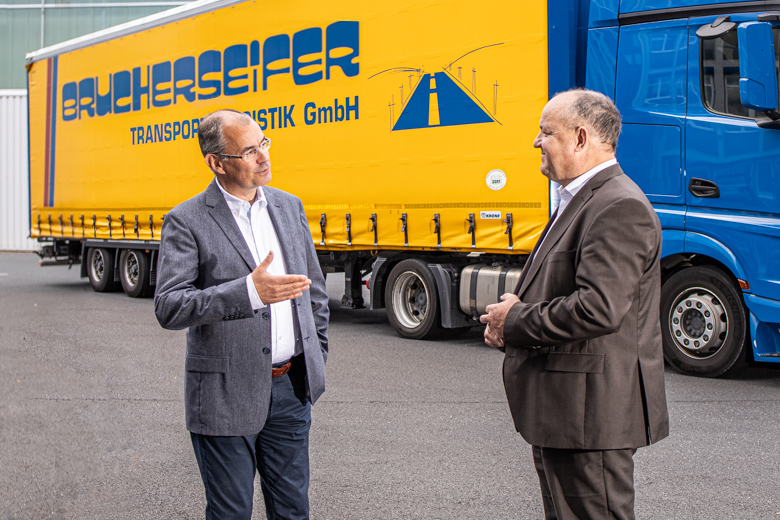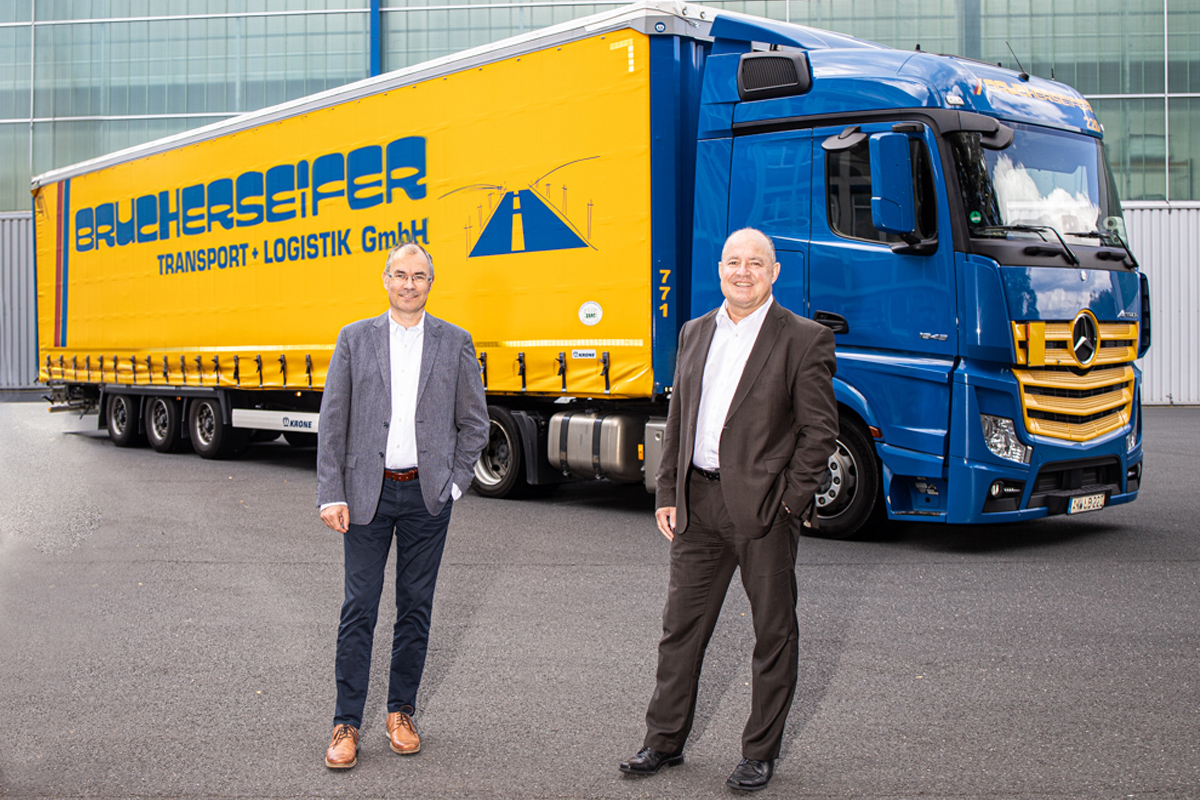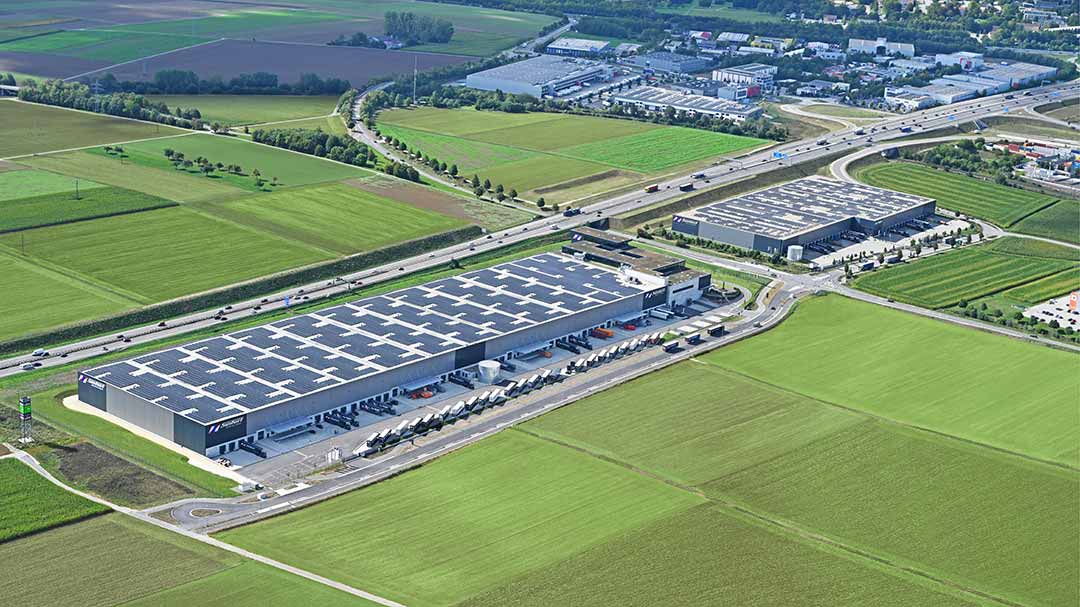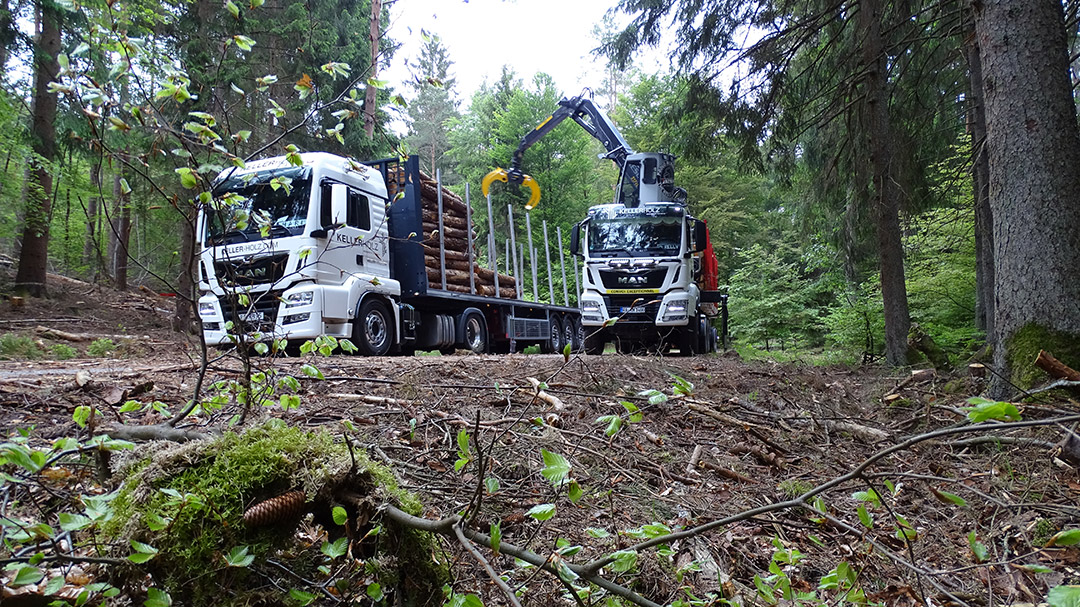Text: Till Homrighausen
Photos: Silvia Steinbach
Insights into a troubled industry: How badly have the recession and Corona crisis hit automotive logistics? And what gives hope for an upturn? Bernd Janssen, Managing Director of Brucherseifer Transport + Logistik, explains how to take new paths with flexibility and thus give companies and employees new dynamic.
Emergency braking
The company also has storage space in its portfolio. In Wissen it is 20,000 square metres, 90 percent of which is normally occupied by automotive parts. Now there is a partly ghostly emptiness. “In June, things picked up slightly, but right now there are weeks of factory holidays of our major customers in some cases,” says Janssen. Forecasts are difficult in these times, but the 54-year-old looks ahead: “I am hopeful. We are grateful for the government assistance, but we will get back on our feet ourselves.”
»We’ll get back on our own feet.«
Bernd Janssen, Managing Director of Brucherseifer Transport + Logistik GmbH
One of the most recent projects was a transport with enormous width. “At first, the component was to be transported diagonally. We already wanted to rent a diagonal loader from STL Logistik AG. But their board member Jörg Reichmann recommended in a very cooperative telephone call that we drive the 4.70-metre part lying down with our new forced-steered Meusburger plateau trailer ourselves,” explains Janssen. With an excess width of more than two metres, Brucherseifer was able to successfully negotiate winding stretches. Janssen likes new challenges: “The components are getting bigger and bigger, we are now preparing for this.”
Pioneer in digital support for everyday transport
The entrepreneur has 70 tractors and 140 towed trailers in his fleet. Flexibility and efficiency go hand in hand when managing the vehicles – after all, you have to be able to perform to the point for your customers, says the Brucherseifer CEO. “To achieve this I depend on good partners,” explains Janssen. “The product alone is not the most important thing, the service and the people behind it must convince me.” This includes his contact with BPW Bergische Achsen and he is pleased that he can obtain almost everything from a single source there: “We look for reliable brands for our fleet. I can’t afford to have to wait days for a spare part somewhere in Europe – if something breaks down on the trailer, I know that the nearest spare parts dealer can help me, Europe-wide. Whether axle, fastener or lighting.”
For his trailers Janssen specifies almost all components from the BPW Group. Ralf Merkelbach, Head of Key Account Management at BPW, is happy to confirm the good connections between the two companies. “We have a great cooperation, there are always two sides to it. We have already carried out many exciting projects together,” he describes the relationship. Janssen adds: “At BPW, a promise is a promise. I can always rely on that.”
The latest project is a test with the intelligent load securing iGurt. “Load securing is such an important factor,” warns Janssen, “you can’t afford any mistakes. When we drive steel pipes, they have to be re-tensioned after 15 and after 30 kilometres. With the iGurt, the driver can now see when the pretensioning force of the belts is reduced via the Bluetooth connection to the driver’s cab and is warned by an app.”
He is generally interested in digital supporters in everyday transport – and likes to be a pioneer: “When we installed telematics in our trailers, I still received some questioning looks from the industry. We sometimes pull 150 trailer loads a day back and forth for our customers in factory transport. So the customer needs absolute transparency about which load is where and when. “In addition, a tractor unit is rarely lost on its own, a trailer is more likely to get lost. In case of doubt, telematics in the truck helps me myself. Telematics in the trailer is an absolute help for my customers!” Every morning Janssen’s first look at his PC now goes to the Cargofleet 3 portal of the BPW subsidiary idem telematics to check all trailer locations.

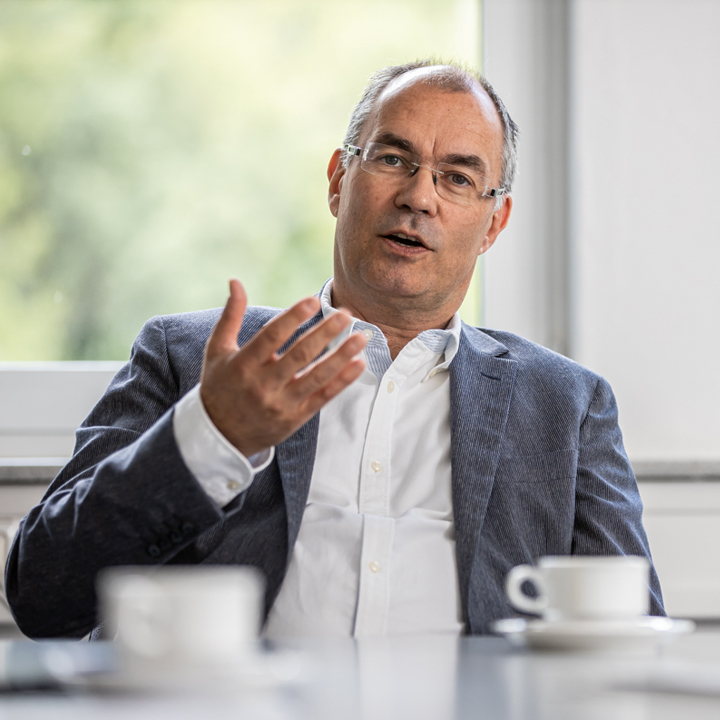

Lived flexibility: from the warehouse behind the wheel
He almost always finds a solution anyway – for the benefit of the company and its employees. When it became clear that the warehouses could no longer be used to capacity due to the kink in the automotive industry, the entrepreneur sat down at his desk. He has now negotiated a deal with the employment agency: Warehouse employees can obtain their truck driver’s licence, sponsored by the agency. “We took a flexible approach here as well,” explains Janssen. “In perspective, the shortage of drivers will not get any smaller. In the warehouse it will be difficult to fill all positions for the time being. So this is a win-win situation.” With flexibility out of the crisis – this strategy seems to be working out well in case of Brucherseifer.

